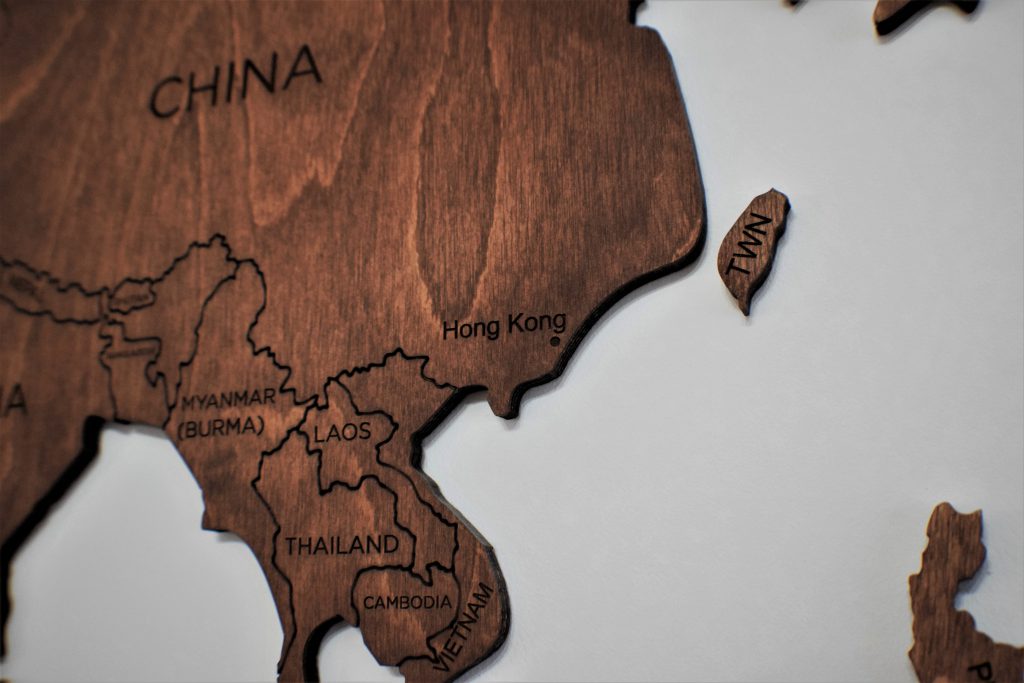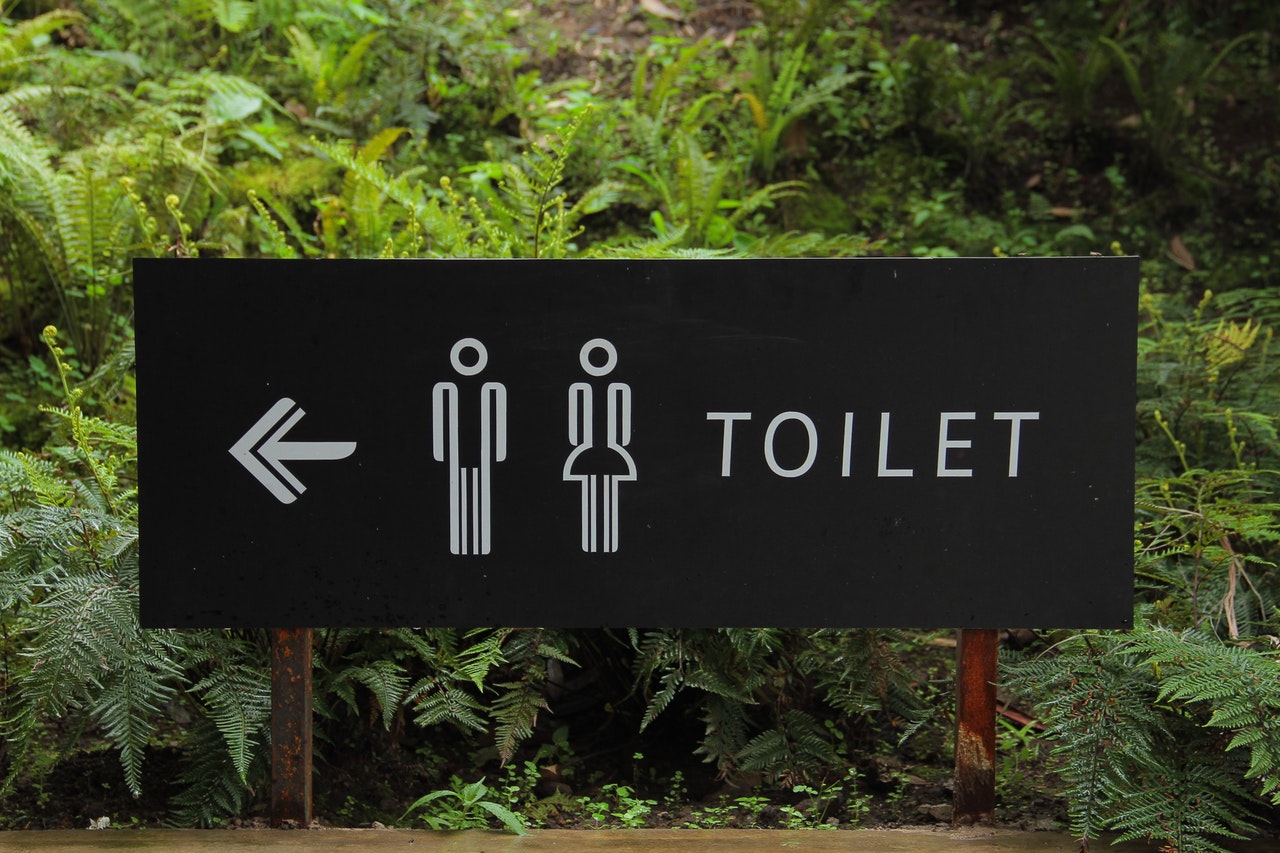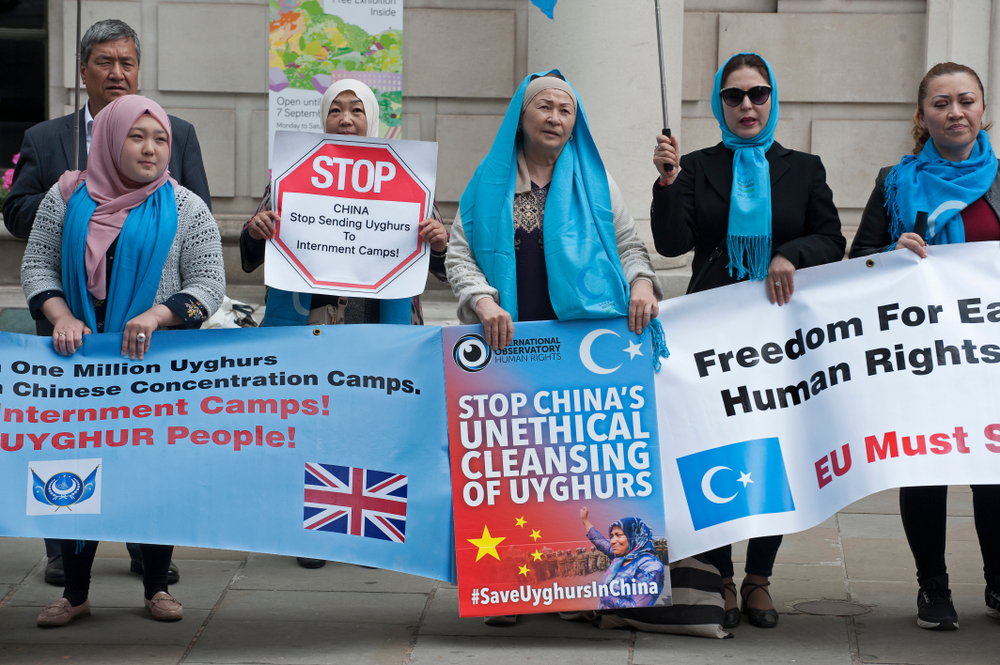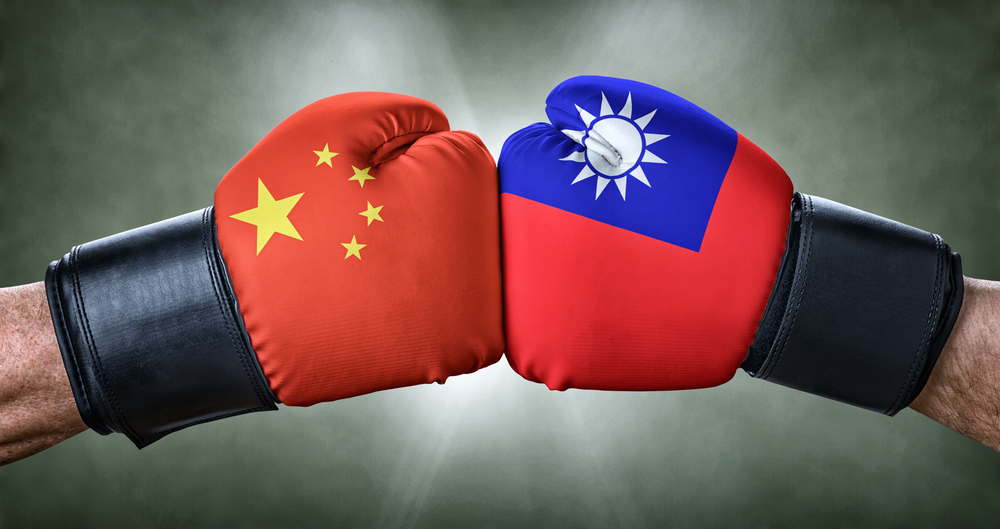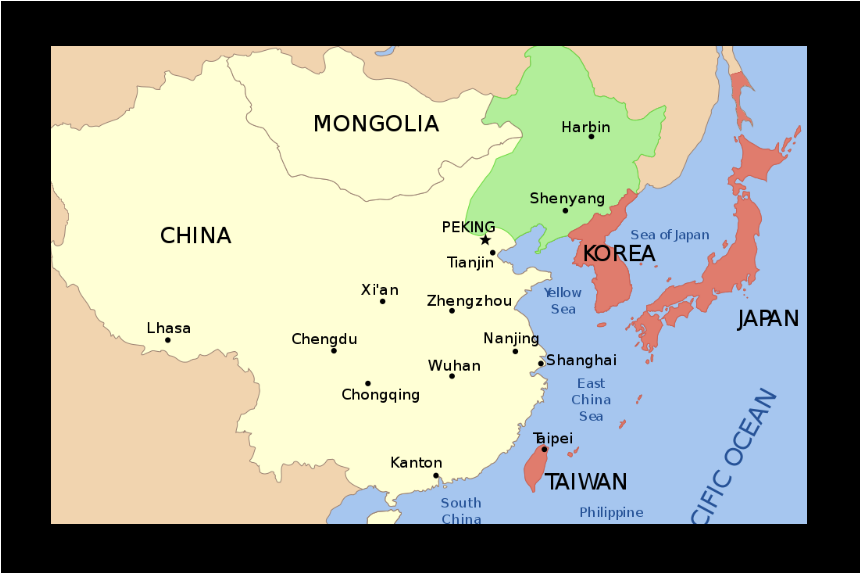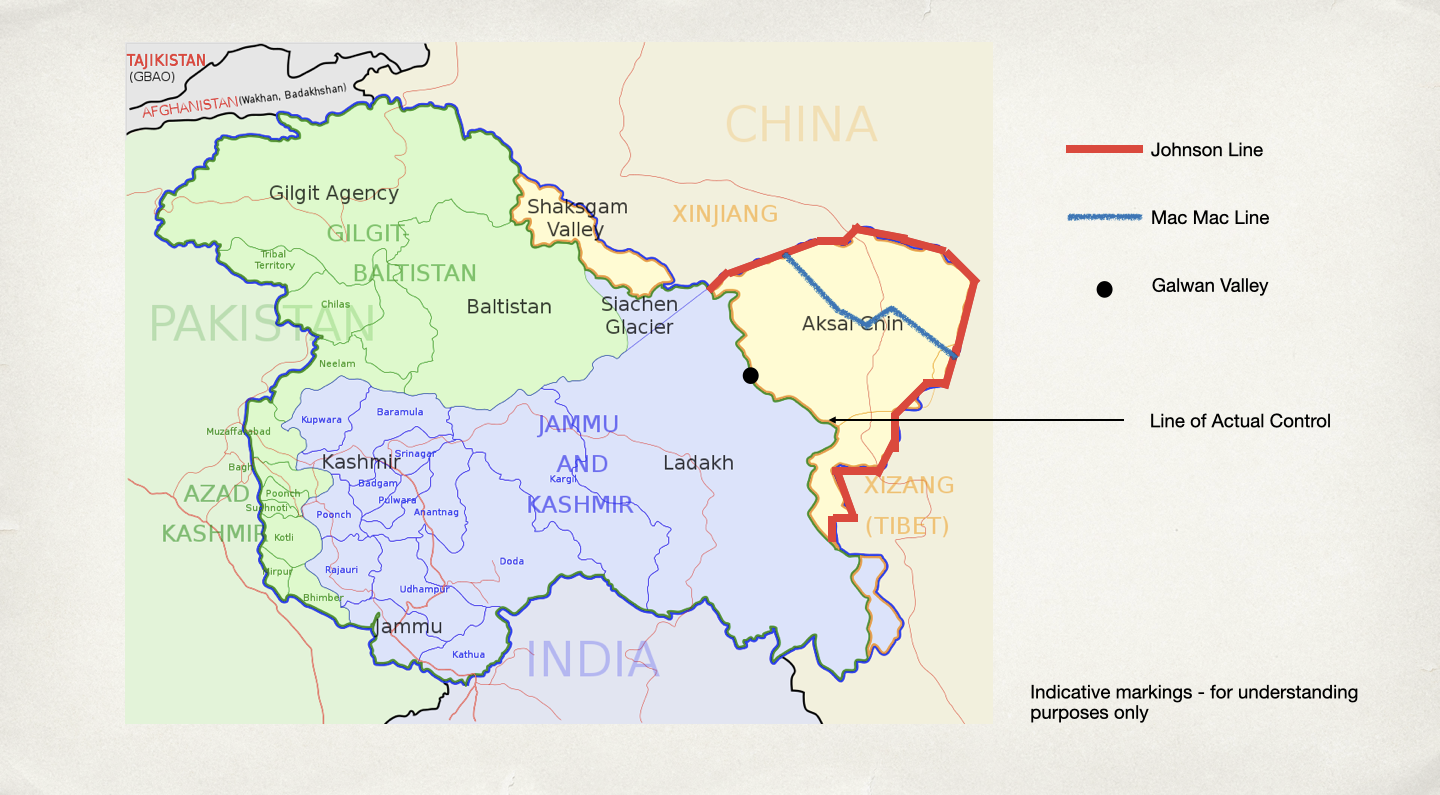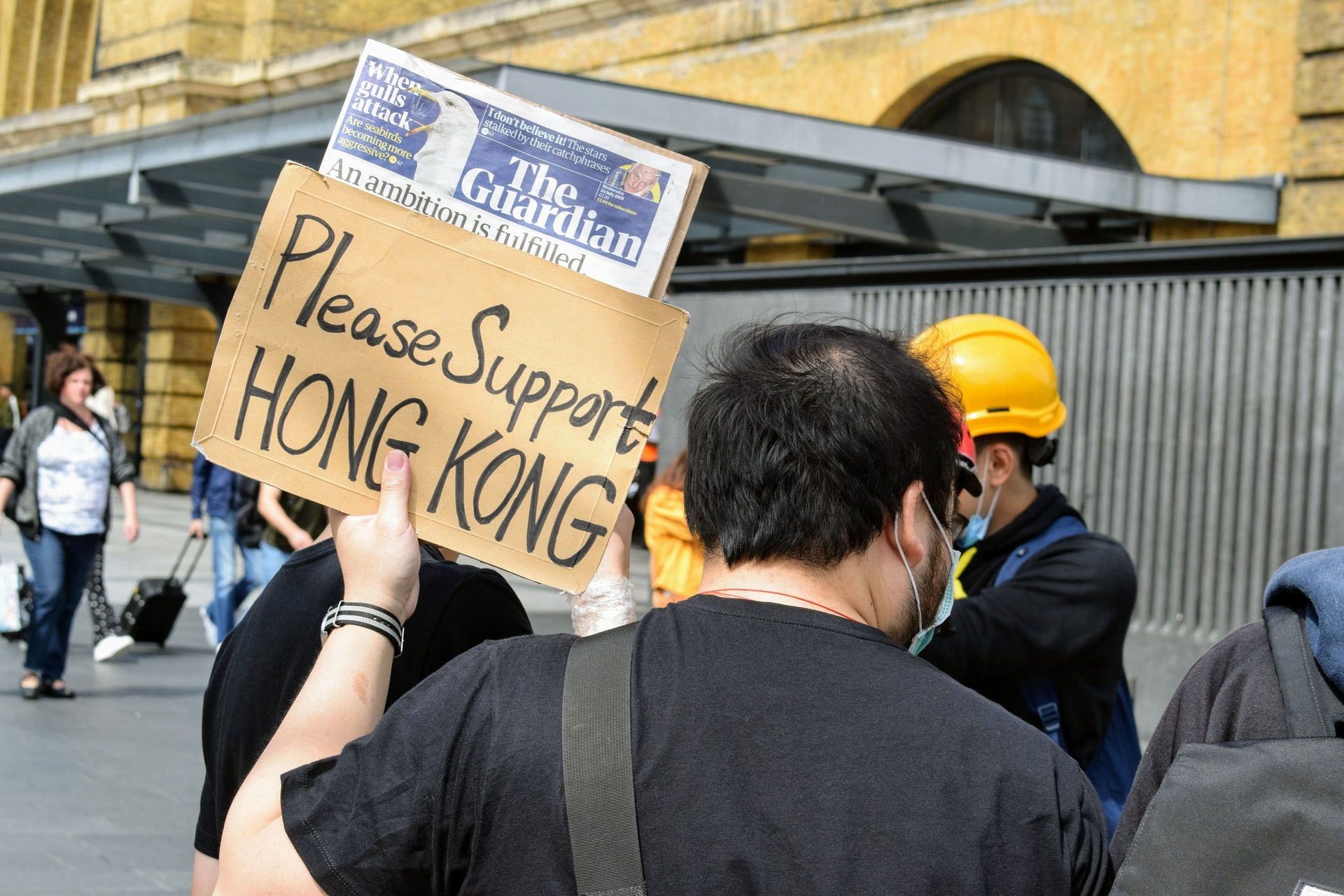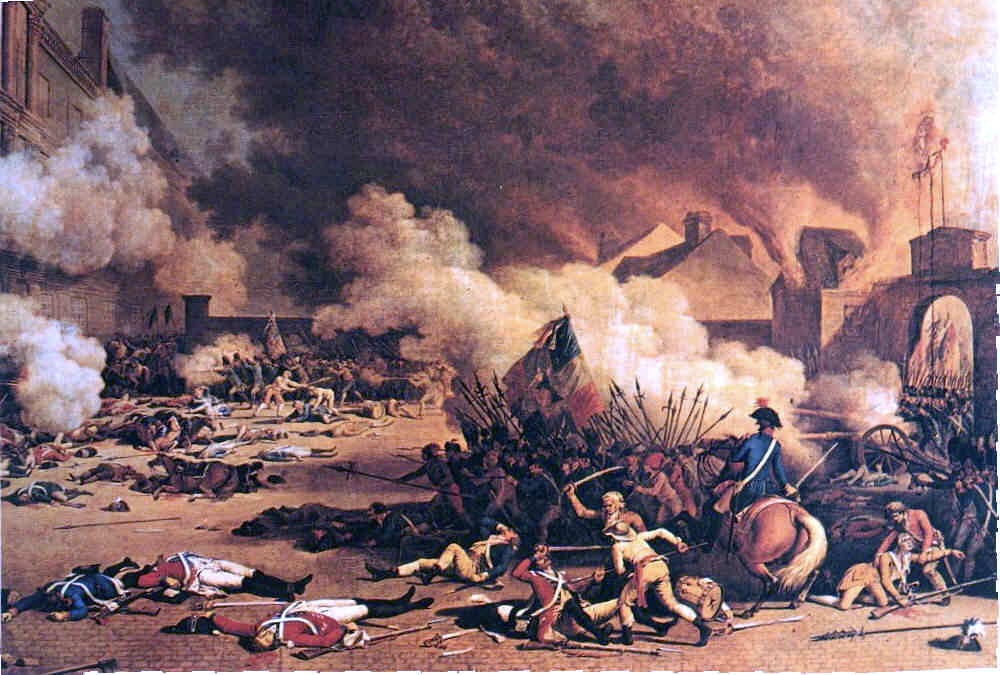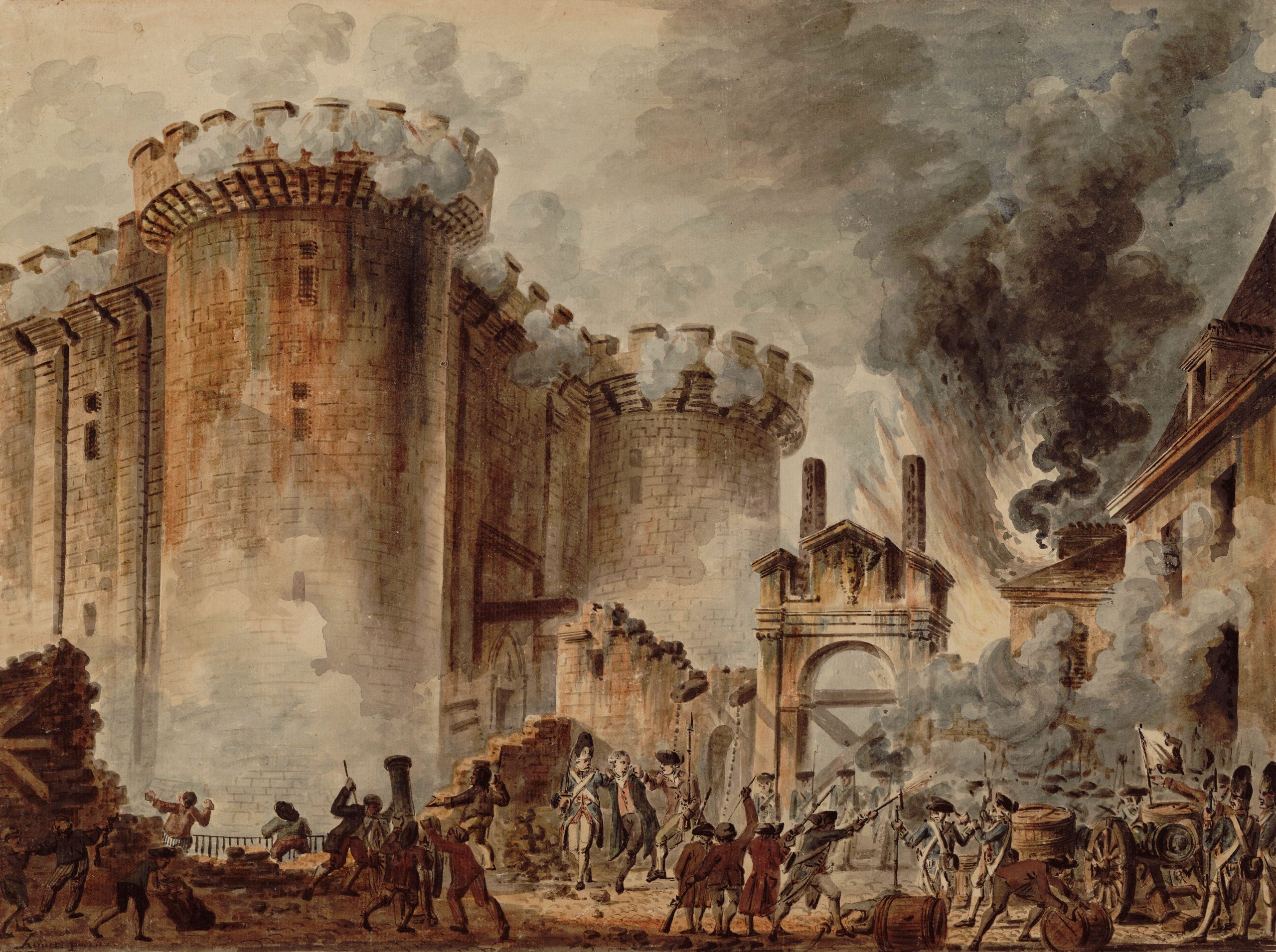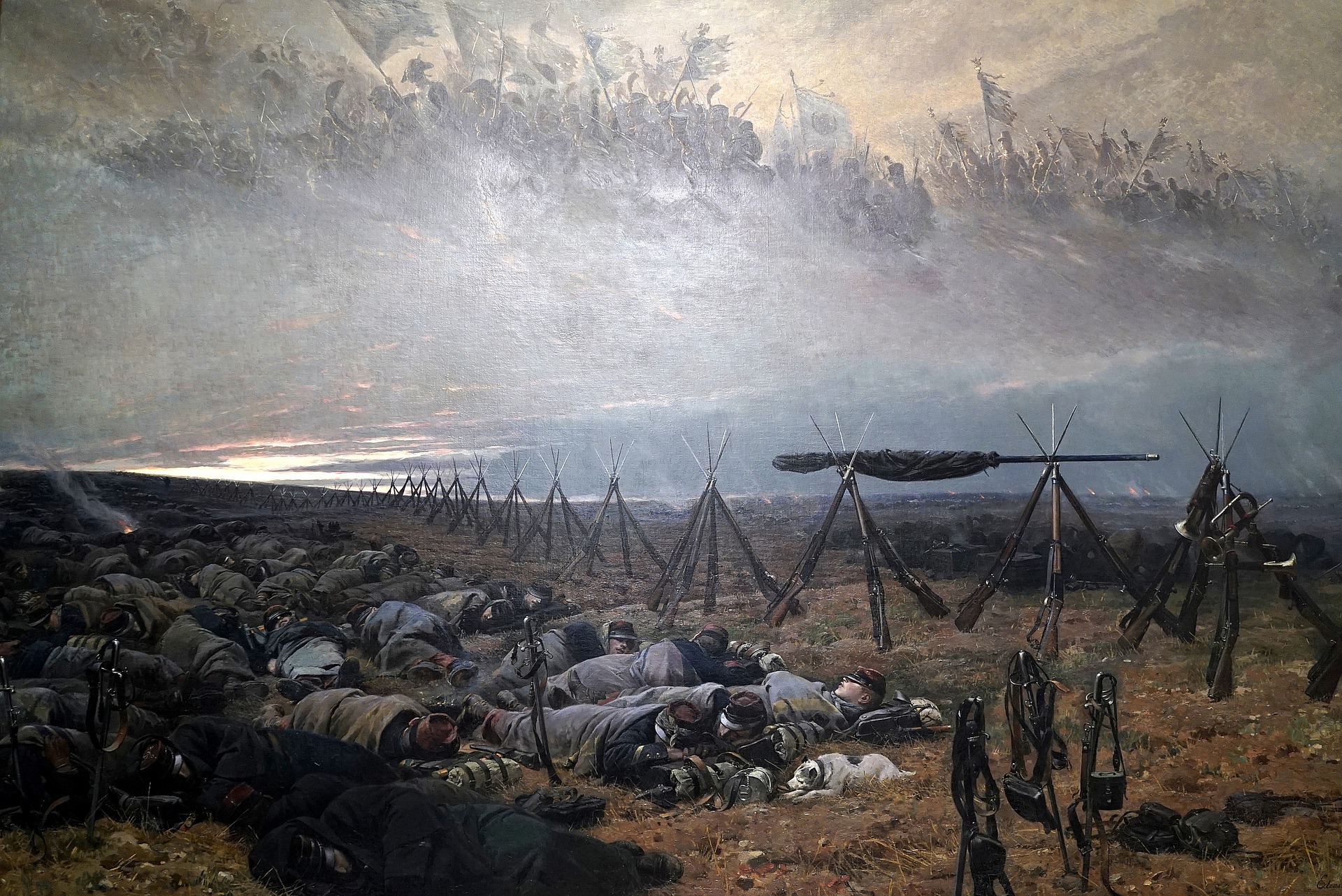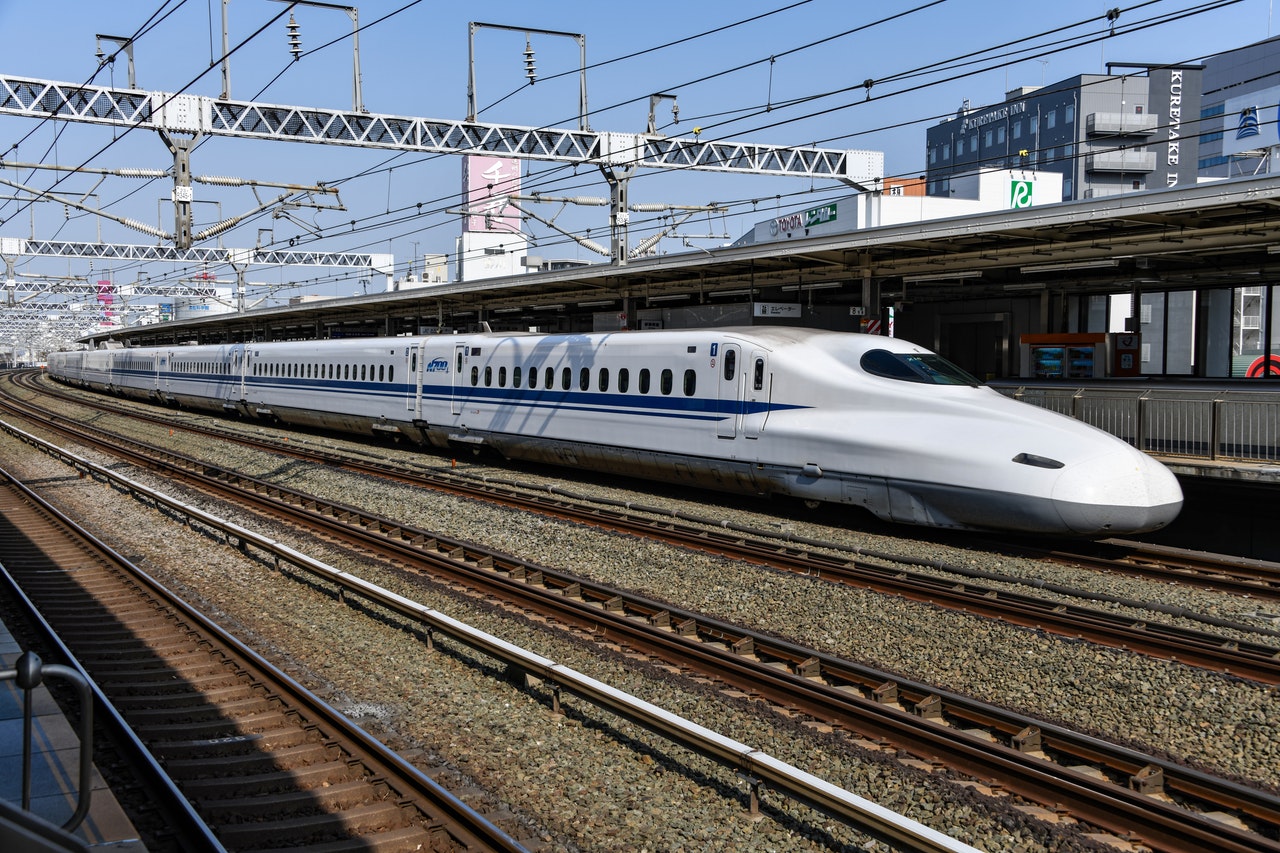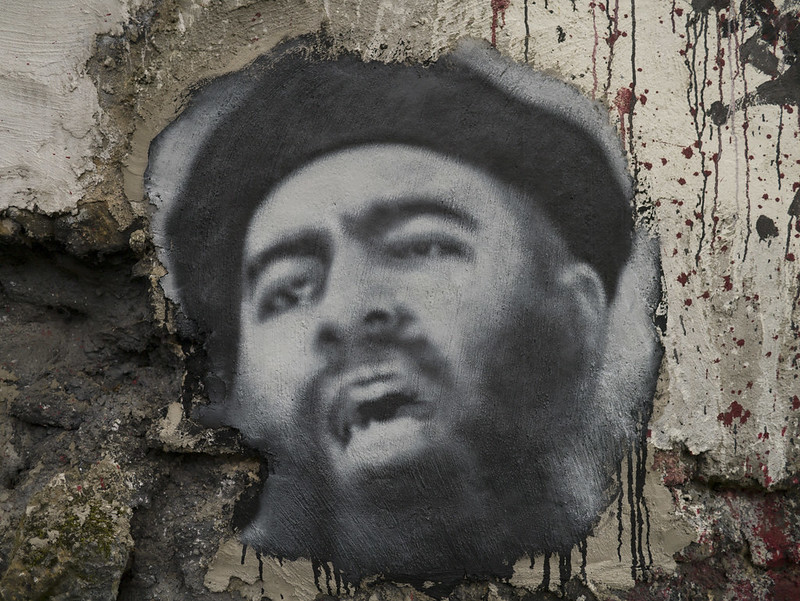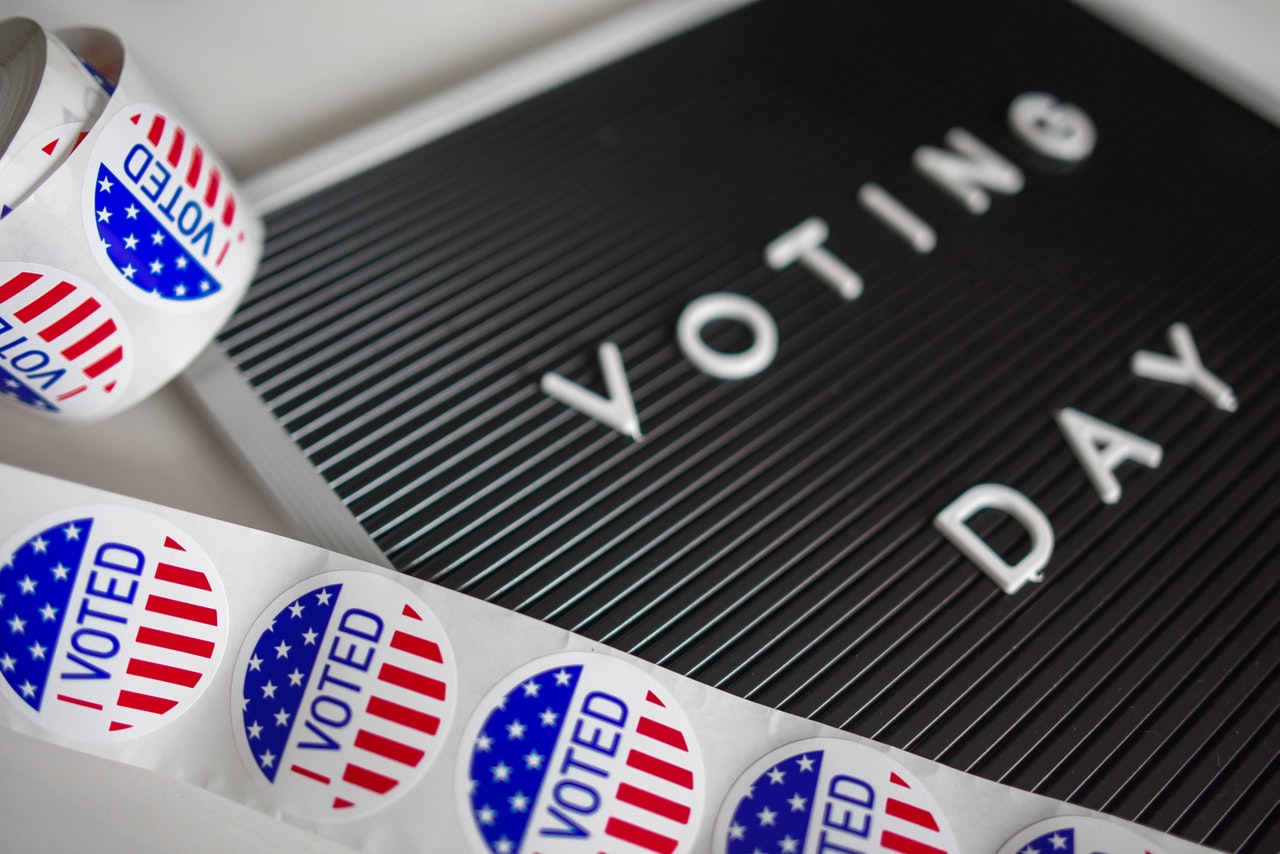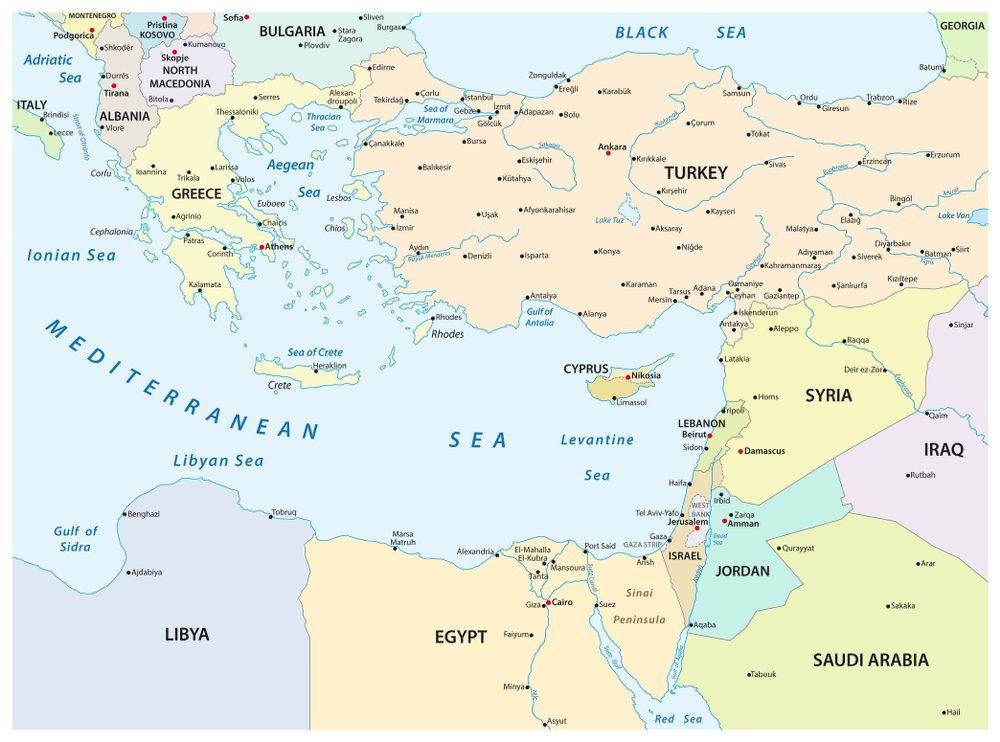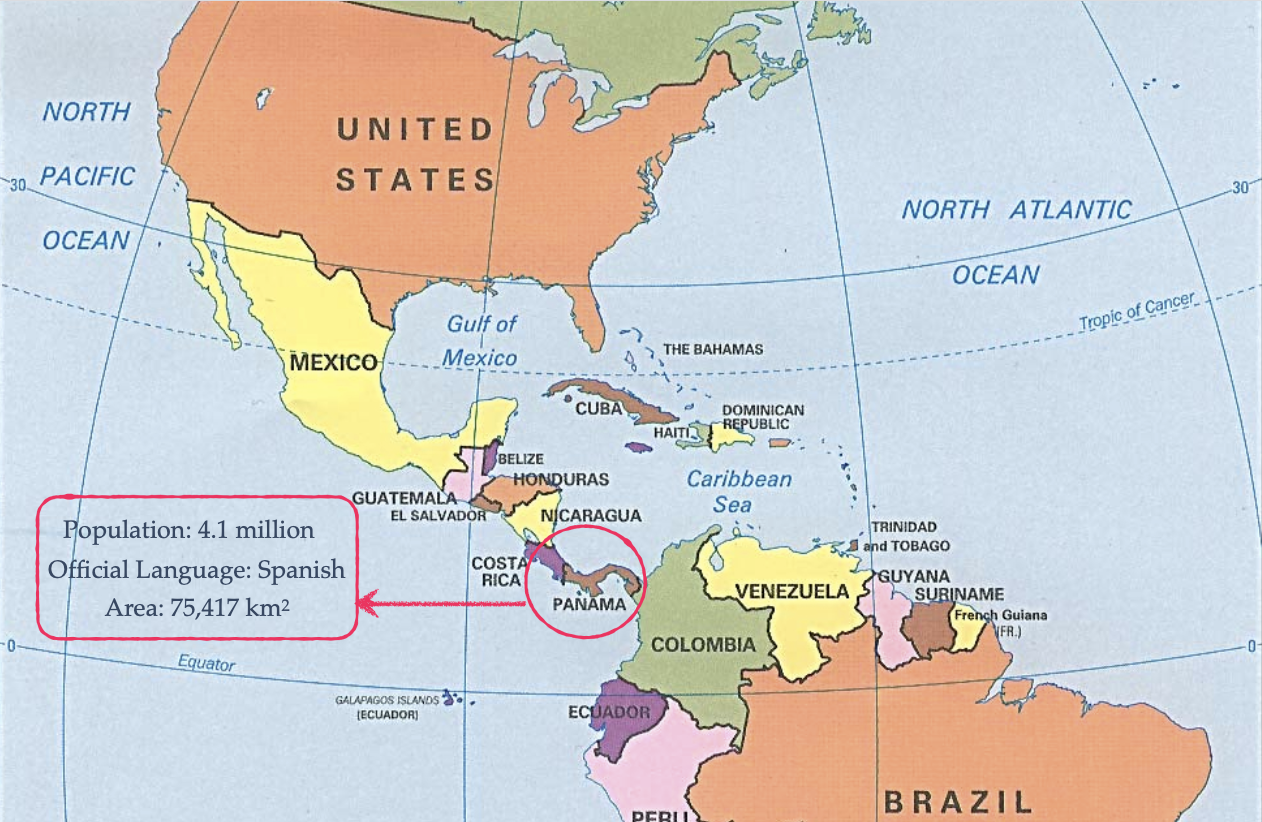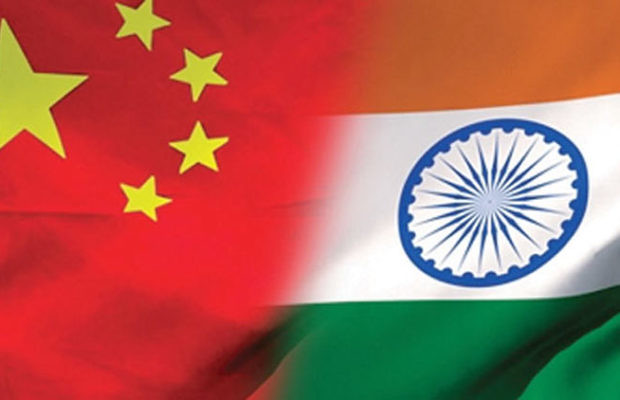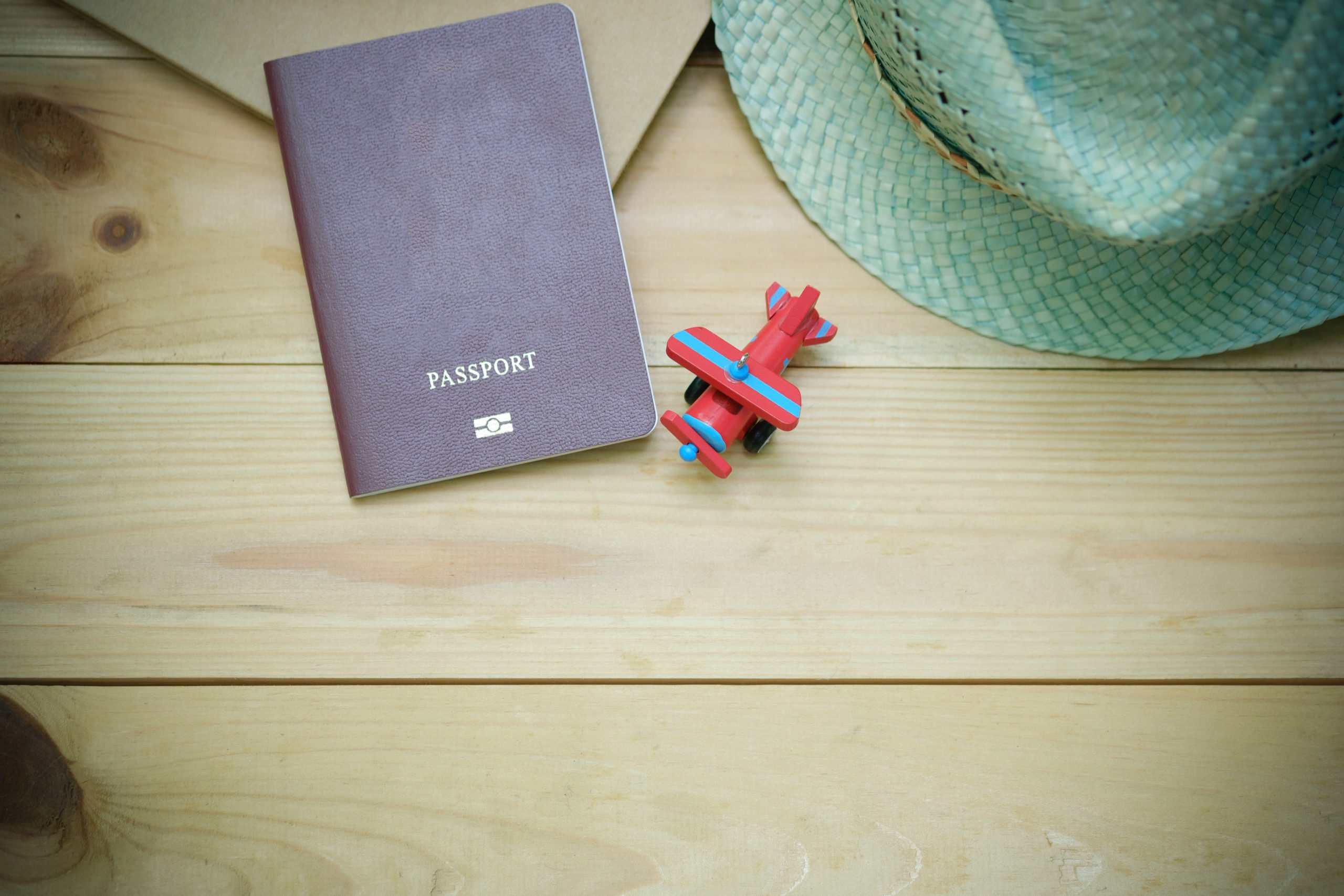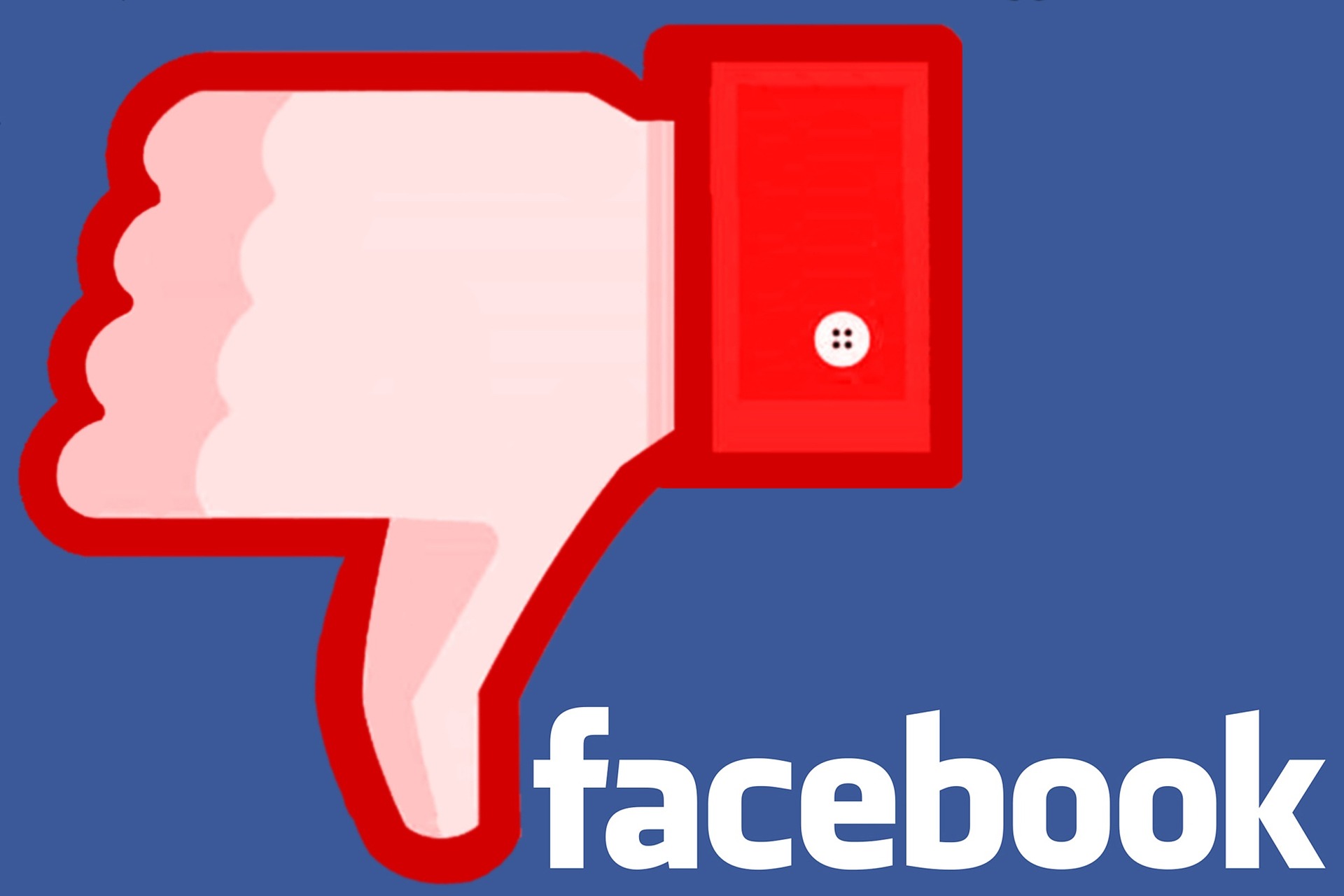Reading Time: 2 minutes
- In the 1580s, China brought some tax reforms that made it mandatory for all land taxes to be paid in silver, triggering a surge in demand for silver.
- Since silver mining was booming in Europe (because of technology & slave trade), the European traders were happy complying to Chinese traders’ demand of silver in exchange of Chinese goods.
- Also, silver’s worth was much more in China, so China became a primary destination for trading silver.
- Meanwhile, by mid-1600s, imports of opium (which Chinese so far consumed for pain & tension relief) started growing rapidly in China and soon smoking opium became popular.
- Around the same time, tea got introduced in Britain and started gaining popularity.
- By mid-1700s, many in China had become addicted to opium and the sale & smoking of it was banned, but smuggling ensured supply was never inadequate.
- During this time, Britain was embroiled in wars and incurred significant losses to national treasury; they didn’t want to use any more silver for the fear of running out.
- Tea, meanwhile, had become so popular in Britain that import duty on tea alone contributed to 10% of the total economy.
- Britain had also become a huge exporter of Chinese tea and by 1810, it was buying 80% of China’s tea exports (for consumption & exporting to other countries).
- Giving up tea, therefore, wasn’t an option; but China was self-sufficient and wouldn’t trade tea for anything, except silver.
- So, British East India Company (BEIC) used its monopoly on opium (thanks to abundant cultivation in the Indian province of Bengal) to lure licensed Chinese traders, who further sold it to smugglers.
- BEIC used gold & silver from these transactions to buy tea and other Chinese goods and sold them at a profit in England and other countries.
- The amount of opium imported in China in 1729 was around 12,700 kg?Approximate values and by 1838 this had become 2.5 million kg?Approximate values.
- Soon the now-concerned-and-vigilant Chinese seized 1.2 million kg?Approximate values of British opium and threw it into the sea; this got the British angry and they deployed boat bombs to the Chinese coast and started Opium war.
- Eventually, both the nations diplomatically came to a consensus and signed a peace deal, according to which China was to part with a rocky island, later coined Hong Kong, and Britain was to take control of it for 99 years.
Also Read: Why did 2019 Hong Kong protests start?
Image courtesy of Picture by Anthony Beck from Pexels

